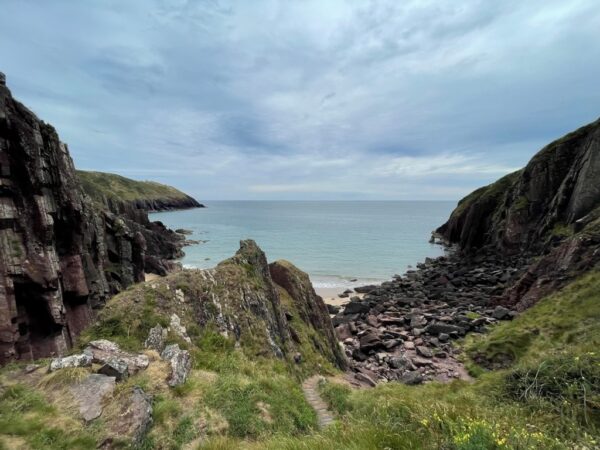In its first annual 30×30 progress report, Wildlife and Countryside Link (WCL) is calling on Government to send a clear international message that the UK will be a global leader in implementing 30×30. The 30×30 target is expected to be a key commitment in global nature talks at COP15 in Montreal in December.
The report argues that this means “designation, not deregulation” – protecting more land and sea for nature, rather than weakening environmental laws. The following is taken from WCL’s news release: The report singles out the Retained EU Law (Revocation and Reform) Bill for criticism. The bill will reform or repeal hundreds of EU-derived environmental laws by the end of 2023.
Key figures detailed in the report:
- A maximum of 8% of England’s seas could be said to be effectively protected for nature.
- The progression of management measures in some Marine Protected Areas has increased by 4% at most.
Separate analysis has found that at least 90% of UK marine areas with protections in place were damaged by bottom trawling or dredging during 2021.
Dr Richard Benwell, CEO of Wildlife and Countryside Link, said: “If deregulatory plans set out in the Retained EU Law (Revocation and Reform) Bill go ahead unchanged, and if the current review of farming policy interrupts the transition to greener agriculture, then any hope of meeting the 2030 target could be dashed.
“Fortunately, there is still time to succeed and the actions needed are set out in our report. The Government’s own reviews have recommended strengthening the rules for restoring nature in National Parks and AONBs and proposed a network of Highly Protected Marine Areas at sea. Instead of chasing after imaginary end-of-rainbow rewards of deregulation, the Government should implement these reviews to get back on track for 30×30.
The 30×30 progress report sets out the specific progress that has been made by Government in protecting land and sea for nature in England as well as setting the areas of most concern. Commitments for ocean protection including designation of Highly Protected Marine Areas (HPMAs) are welcome. However, just 0.53% of English waters have been designated as HPMAs, against a target of 10%.
The report concludes that Government can make significant progress in the next year towards achieving 30×30 by:
- Delivering the initial five Highly Protected Marine Area pilot sites and designating further HPMA sites to contribute to achieving at least 10% of England’s seas in HMPAs by 2030.
- Implementing improved management of marine protected areas by implementing bans on damaging practices including bottom trawling withing them.
- Retaining and strengthening the Habitats Regulations, which provide the strongest protections for our most significant and vulnerable sites and species.
The release of the report was covered in many news outlets, including the BBC and Guardian.
Read the full report ‘Achieving 30×30 in England on land and at sea: One year on’ here.
